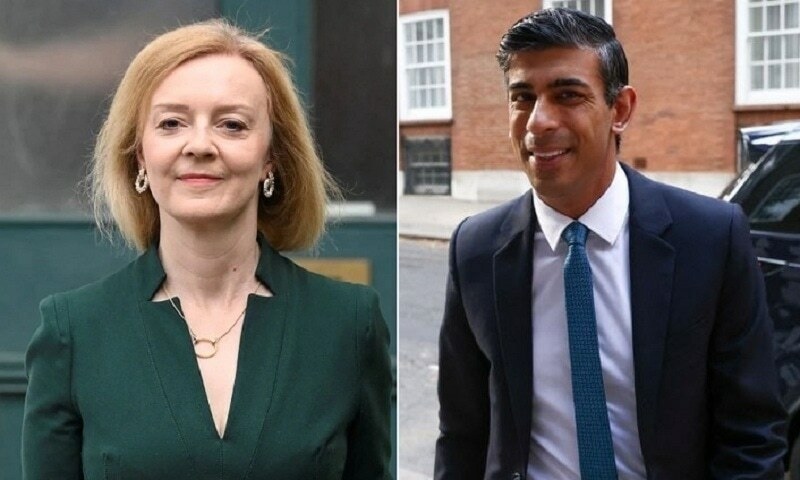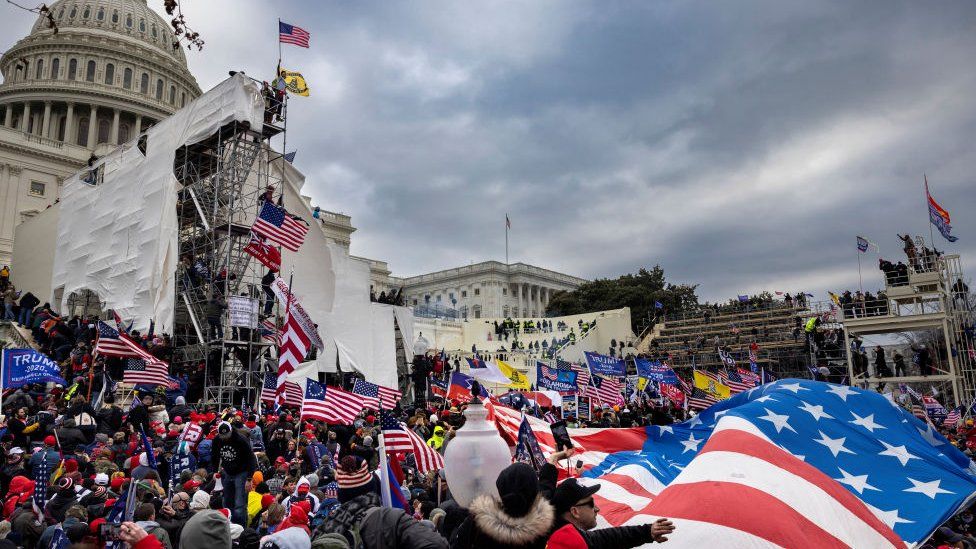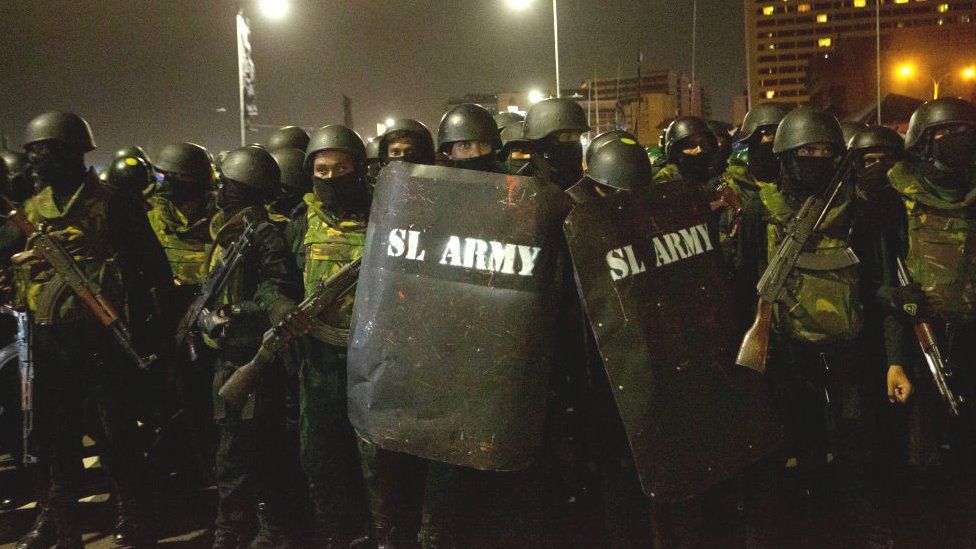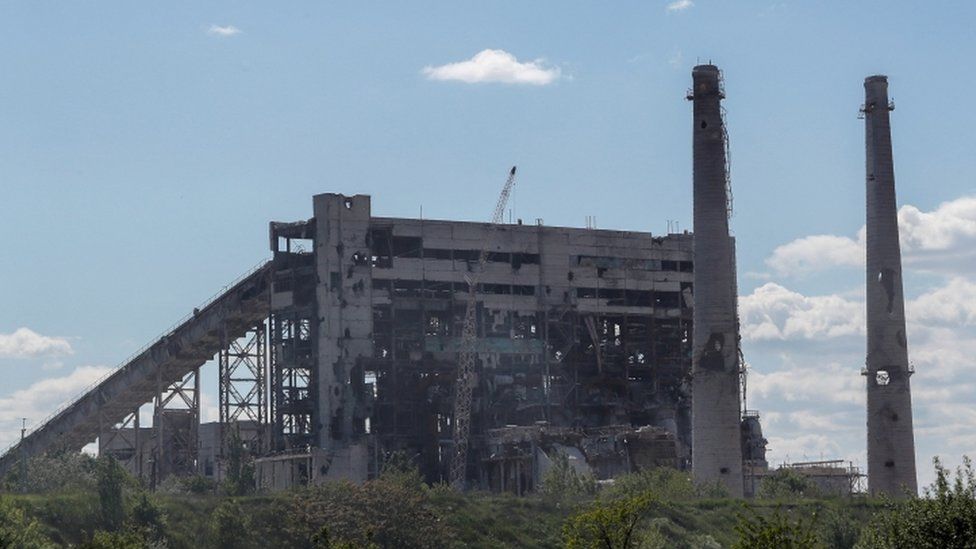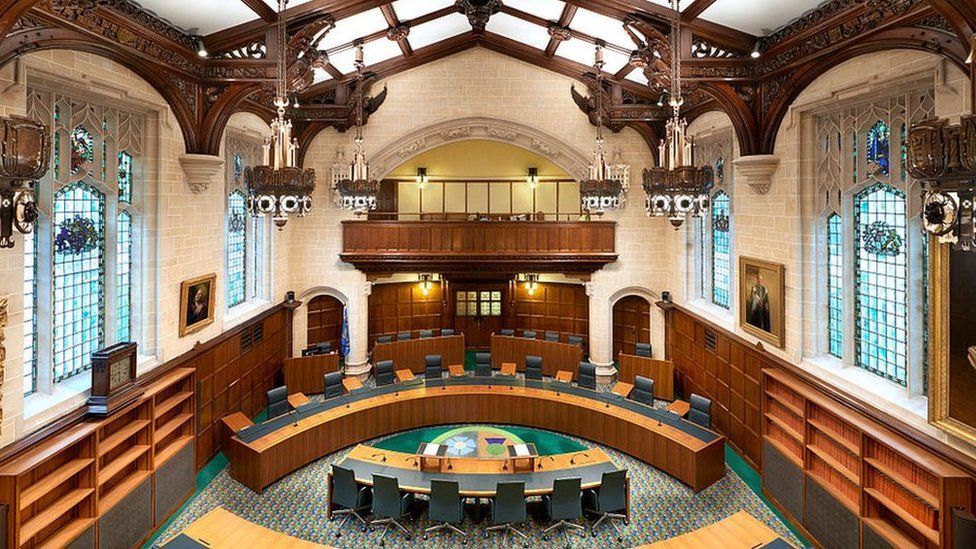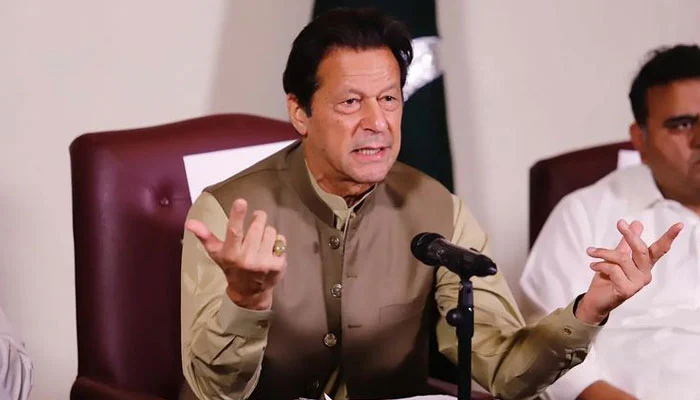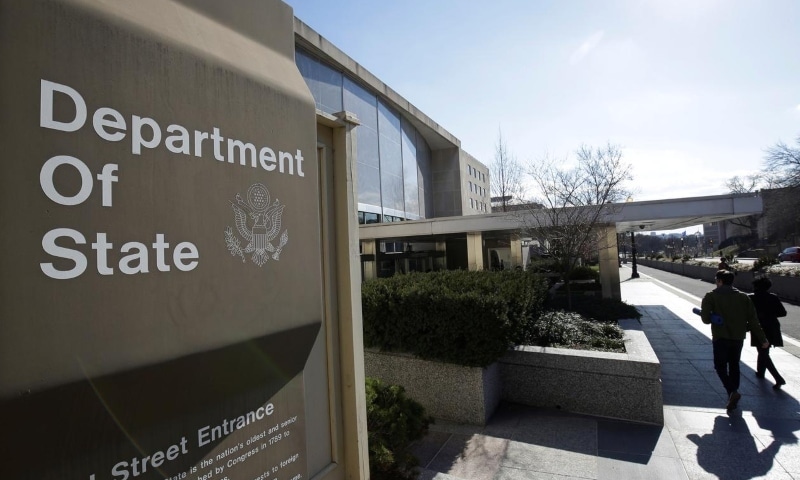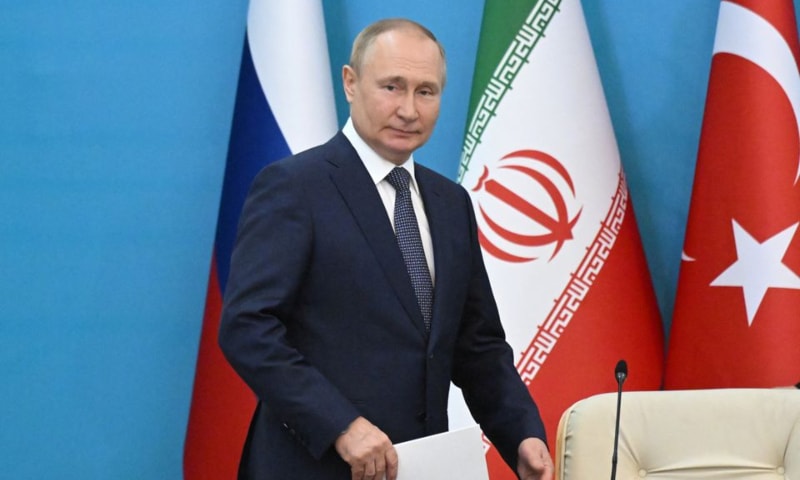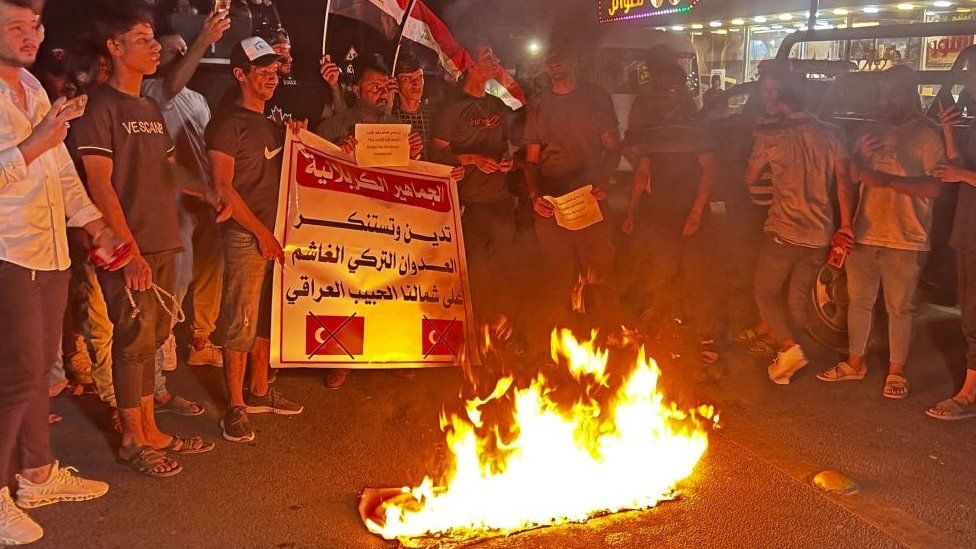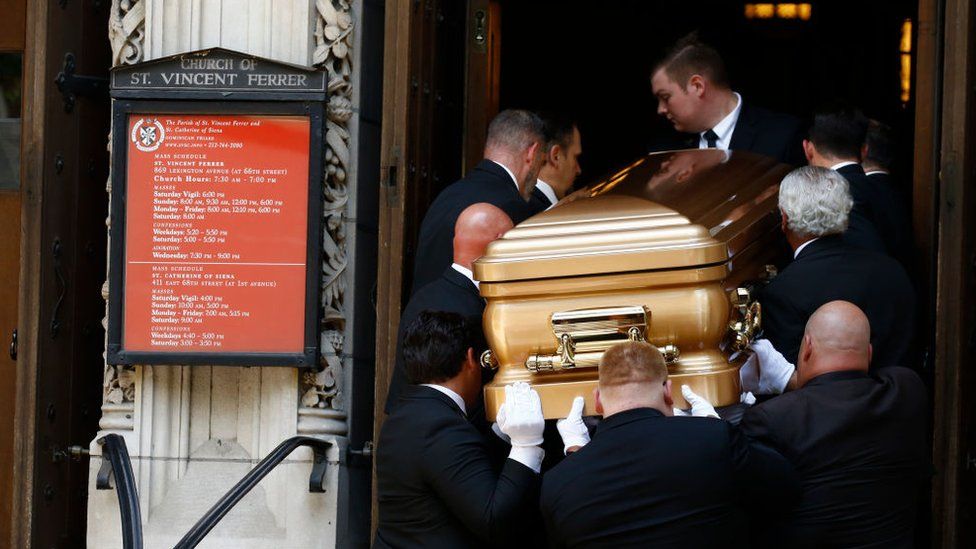Liz Truss, the favourite to become Britain’s next prime minister, on Thursday criticised rival Rishi Sunak over his tax policies while finance minister, as the pair kicked off six weeks of campaigning.
The foreign minister wrote in the Daily Mail that Britain had been “going in the wrong direction on tax, with the tax burden at its highest in 70 years”. She promised to reverse recent rises and suspend green levies on energy bills.
Sunak oversaw the tax hikes as the UK battles to fix public finances after the coronavirus pandemic and amid spiralling inflation, and has accused those promising cuts of “fantasy economics”.
The pair reached the final run-off to try to persuade some 200,000 party members after the last round of voting among Conservative MPs on Wednesday. The final result is due on Sept 5.
Sunak launched his bid to woo grassroots members by saying he was the only candidate capable of winning a general election, due within the next 18 months.
“We’ve got a really positive message to take out to all our members now — crucially, who is the best person to beat Keir Starmer and the Labour Party at the next election?” he wrote in the Daily Telegraph. “I believe I’m the only candidate who can do that.”
Sunak invoked former leader Margaret Thatcher, who remains a hero to many party members. “My values are Thatcherite. I believe in hard work, family and integrity,” he wrote.
“I am a Thatcherite, I am running as a Thatcherite and I will govern as a Thatcherite.” But he faces an uphill struggle, with polling suggesting that party members support the more right-wing Truss.
The fight has already turned personal during televised debates, but Sunak seemingly called for a truce on Thursday, writing that “I like and respect” Truss. The pair will lobby members face-to-face for the first time on Thursday, before a dozen hustings across the country over the next few weeks.
Truss’s message to the members is that she is a politician of conviction who will “bulldoze” through institutions that stand in the way of reform.
But she was forced to defend a record of ideological and policy U-turns, including her previous support for the Liberal Democrats and opposition to Brexit, which she now supports.


